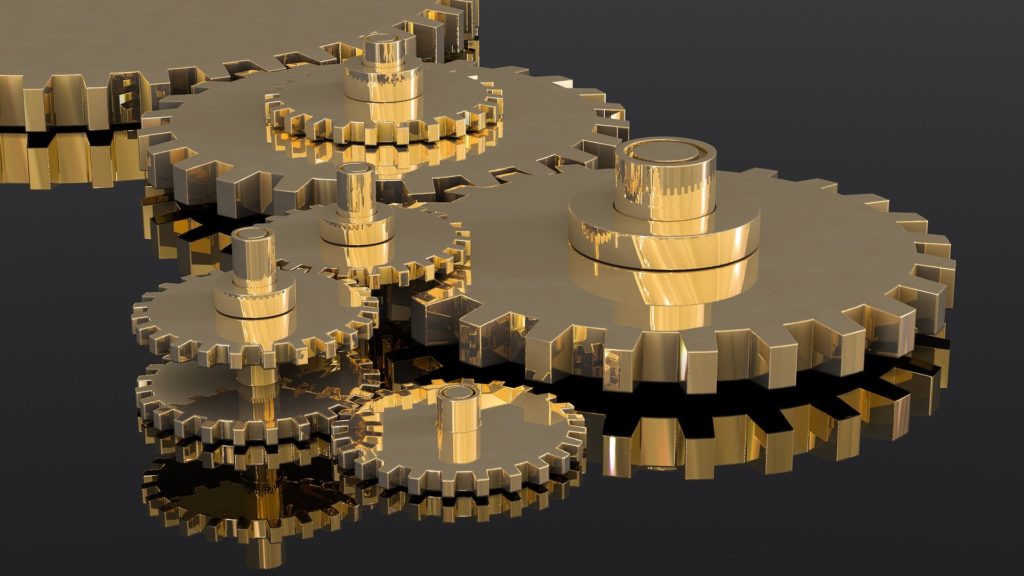
Let us venture into the initial debate: our world moves too quickly, it is too complex for decision making to be centralised at the level of the “top leader”.
Whether in an association, a company or even a whole country – for this third point I am speaking as a simple citizen – the challenges posed by our society are such, and have such complexity and richness, that I would like to enrich this discussion from the point of view of a business, and as the leader that I am.
This brings me to the idea of “Permanent Reinvention®”, the method which I have developed and enriched with 30 years of experience, first as a manager, then as a leader.
→ Let’s take a current example to illustrate this
When the Government asks hospitals to organise themselves to triple the number of critical care beds and GPs to undertake online consultations, and then LETS THE PLAYERS GET ON WITH IT, we see an extraordinary result; in 3 months, what seemed at first sight impossible becomes reality, the energy released is fabulous.
In this meteoric reinvention, everyone is playing their own part:
- The government which sets a direction, within the values of the players (which makes sense at this time), and lets them get on with it;
- And then each of us, within our respective positions, with our responsibilities, who have the choice of being a postman, player or a complainer (I will come back to this).
The first two key ingredients to make a success of this “Permanent Reinvention®” are, on the one hand, a leader who defines the course, the “what”, and on the other hand the teams who seize the “how” with a total freedom of action and innovation.
➡️ The course: thus, when Emmanuel Macron tells us: “Restart on 11th May”, I add “sort it out yourselves” – what a fabulous, courageous gesture, because:
- He accepts his responsibilities with the risk and uncertainty that accompanies them: no-one knows what the exact situation of the country will be in terms of health and, furthermore, there will not be just one situation but an infinity of situations (complexity) depending on the areas, type of organisation, resources, etc.
- He gives us a horizon to organise ourselves: what proof of trust!
➡️ Freedom of action for the teams – it’s up to us to choose our destiny, who we want to be:
- The postman? The one who passes on information without sticking his neck out
- The complainer? (Note that a complainer often conceals a potential player)
- The player?
This crisis is an unexpected chance to reconsider our way of working.
This is true for the organisation of the state, unions, businesses and public services.
